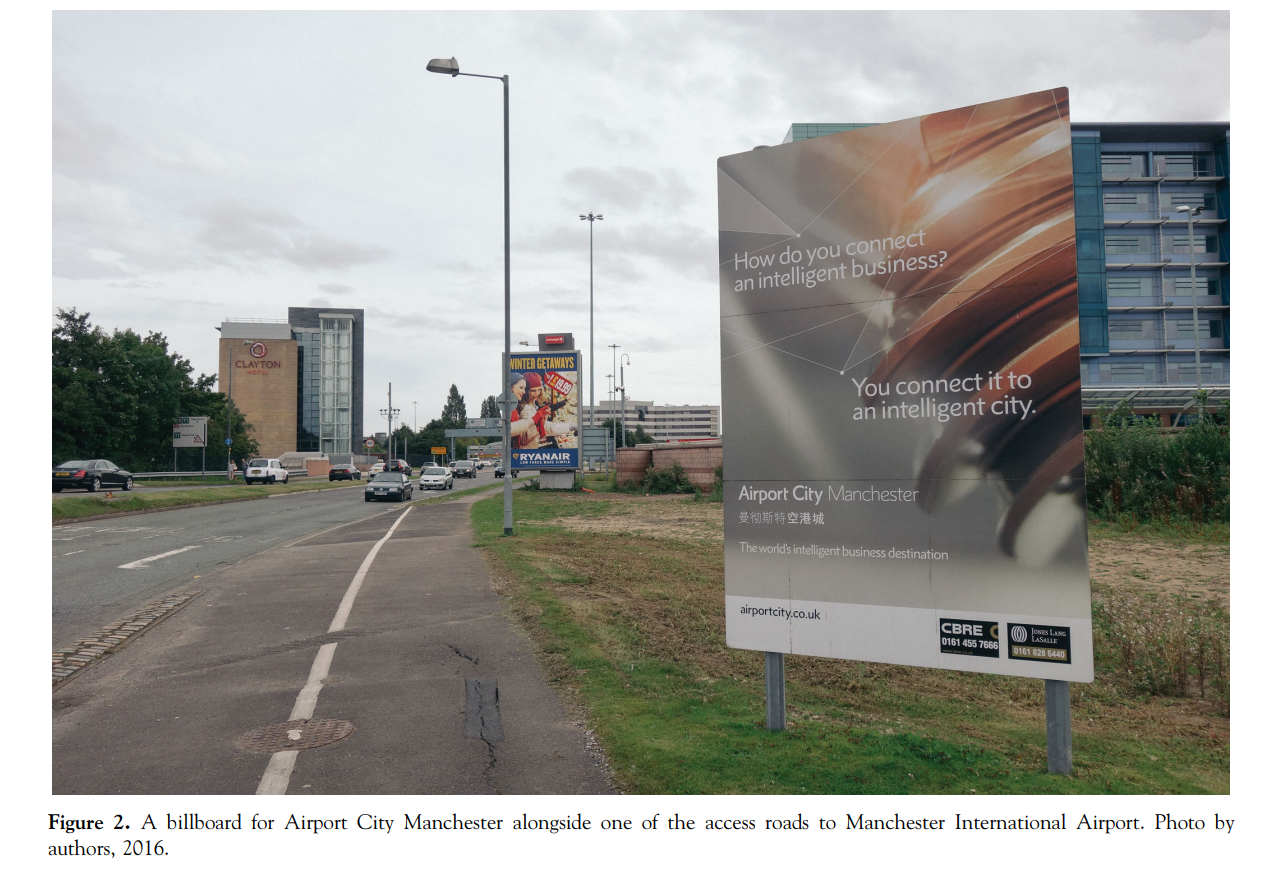
The last four decades have witnessed the emergence of zones of various designations as a means of generating economic development and growth.
On the one hand, a considerable amount of recent academic attention has turned to the various experiments with enterprise zones, export processing zones, freeport zones, and special economic zones in rapidly urbanizing areas of Africa and Asia.
On the other hand, we see still zones of various stripes used in the United Kingdom and the United States, where their existence dates back to the early 1980s. It is to understandings of the latter that we contribute.
Our article takes the example of Airport City Manchester to make three broad contributions to the wider extant academic literature.
The first is to underscore the need to be attentive to the relationally interconnected nature of “local” policy experimentation. What we see in the case of the global chronology of zones is their complex, incremental, start–stop–start emergence.
The second is that regardless of their spatial demarcation they exist outside of “normal” governance norms and regulations. Each zone is a creature of its geographical-cum-institutional state context.
The third point is a reminder of the geopolitical nature of many economic redevelopment strategies, as cities enroll themselves, or others enroll them, in wider global issues.
Ward, K., & Wiig, A. (2025). Arriving at Airport City Manchester: “Exporting” and “Importing” the Enterprise Zone, Entrepreneurial Governance, and the Geopolitics of Economic Development. Annals of the American Association of Geographers, 1-20.